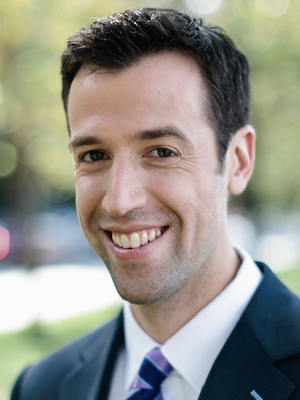Postdoctoral Fellowships
Our program is dedicated to addressing the leading cause of pediatric mortality by providing post-doctoral research training on the prevention of firearm injuries among children and teens.
T32 Firearm Safety Among Children and Teens (FACTS): Multidisciplinary Research Training Program
The Institute was awarded a National Institutes of Health – National Institute of Child Health and Human Development (NICHD)-funded T32 Training Grant in 2022. This grant addresses the critical need to build a continuous pipeline of research scientists focused on addressing the leading cause of pediatric mortality by establishing the nation’s first post-doctoral program providing research training on the prevention of firearm injuries among children and teens.
The overarching goal of this program is to build a diverse cadre of research scholars with two-year multidisciplinary training in the science of pediatric firearm injury prevention that will allow them to develop academic careers as independent research scientists making significant contributions to our understanding of this public health disease, as well as to developing and rigorously testing evidence-based prevention strategies. Learn more about the program.
Fellows acquire core skills in research methods through a combination of formal training and applied research experiences, supported by highly engaged mentors and a cohort of fellows with the aim of developing academic careers as independent researchers.
The training program engages MD and PhD scholars to progress towards research independence through three interrelated training activities:
training acquired through formal coursework, research seminars, workshops, and distinguished faculty lectures;
applied research experiences conducted under the guidance of highly qualified and engaged mentoring faculty; and
the preparation of a formal research project and/or grant proposal.

Postdoctoral fellows come from a range of disciplinary backgrounds and are particularly interested in research addressing inequalities, disparities, and inequities related to firearm injury.
Our Approach
Given the early state of the field, the program utilizes a collaborative, cross-disciplinary, and multi-method approach that emphasizes:
- the need to establish foundational knowledge and methodological skills in pediatric firearm injury prevention science;
- the analysis of empirical data and a focus on theory building; and
- the use of multi-disciplinary approaches to advance stronger team science methods in the field.
Our program capitalizes on the breadth and depth of the research laboratories, clinical settings, academic programs, experienced faculty, and linkages to multiple research networks and centers at the University of Michigan to provide an unparalleled training environment for this training.
Fellows also receive training in the responsible conduct of research and methods to ensure scientific rigor and reproducibility in their work. They are supported by a team of mentoring faculty and a cohort of fellows.
Mentoring Faculty
Multi-disciplinary faculty from across U-M’s campus are potential mentors for postdoctoral fellows in the research training program.




























